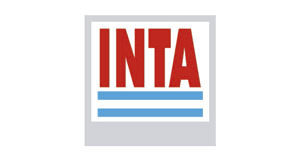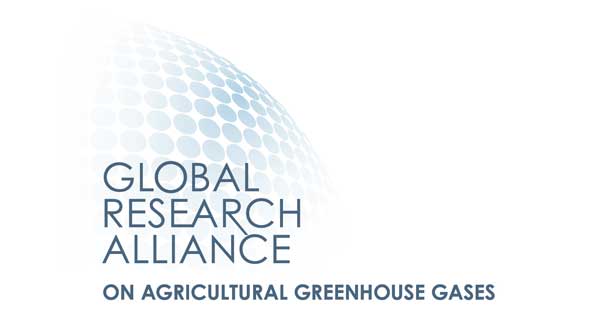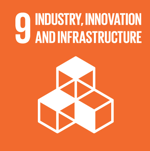Local innovations to quantify and reduce enteric methane emissions in grazing ruminants
Three technologies will enable the measurement and mitigation of enteric methane emissions, reducing the cost and time required for evaluating intake, forage digestibility, and grazing behavior for decision-making in pastoral livestock systems.
Context of the story
There is global pressure to reduce the environmental impact of livestock farming, while the demand for meat is growing due to population growth. However, much of the growth in meat production in LAC has been based on increased livestock inventories, rather than improved productivity indicators.
The low adoption of technologies aimed at facilitating decision-making for sustainable increases in animal feed efficiency represents one of the main limitations in pasture-based livestock systems.
In LAC, tools for quantifying enteric methane in grazing ruminants are limited due to their high cost and low efficiency, which hampers decision-making for the implementation of mitigation strategies.
Obtaining accurate and adequate information on forage consumption and digestibility, enteric methane emissions and ingestive behavior in grazing will allow agile decision-making to increase feed efficiency.
The implemented initiative
The main objective is to reduce emission intensity in pastoral cattle production systems through the implementation of three innovative, locally developed technologies:
1) The development and validation of a remote sensing-based system for the continuous measurement of enteric methane emissions and grazing behavior in grazing cattle.
2) The implementation of fecal NIRS technology to reduce the cost and time of obtaining information on intake and digestibility, key variables for decision-making in grazing cattle.
3) Optimization and validation of a locally sourced feed additive to increase weight gain (kg/day) and reduce enteric methane emissions per animal under grazing conditions.
The use of additives that manipulate enteric fermentation of the diet has the potential to improve nutrient use efficiency, reduce CH4 emission and increase productivity
The technological solution
Expected results include:
1. Implementation of a system based on remote sensors for monitoring grazing behavior and quantifying enteric methane emissions in grazing cattle.
2. Recommendations for the use of a feed additive to reduce enteric methane emissions in pastoral bovine husbandry.
3. Validation of fecal near-infrared spectroscopy (NIRS) technology for quantifying intake and digestibility in grazing cattle.
4. Strengthened and/or trained direct beneficiaries in the three technological innovations to reduce methane emissions in ruminants.
"Innovation consists of doing something new and different, whether solving an old problem in a new way, addressing a new problem with a proven solution, or bringing a new solution to a new problem"
Type of project
Results
Significant progress has been made across its four components:
In Component 1, functional validation of the methane, respiratory flow, and GPS sensor modules was advanced with tests carried out under real field conditions to obtain methane emission profiles.
In Component 2, the additive dose was optimized by reducing it by 50% (from 10g to 5g/animal/day) through in vitro testing;
Component 3 established the foundations of a fecal sample bank and is developing R Studio scripts for spectral analysis.
In Component 4, 227 people (50.6% men, 49.3% women) were trained in 8 face-to-face workshops and 529 views were achieved in 2 webinars, while in Activity 4.2, 24 professionals (54% women) were trained.

 Back to the project
Back to the project Colombia
Colombia Argentina
Argentina











